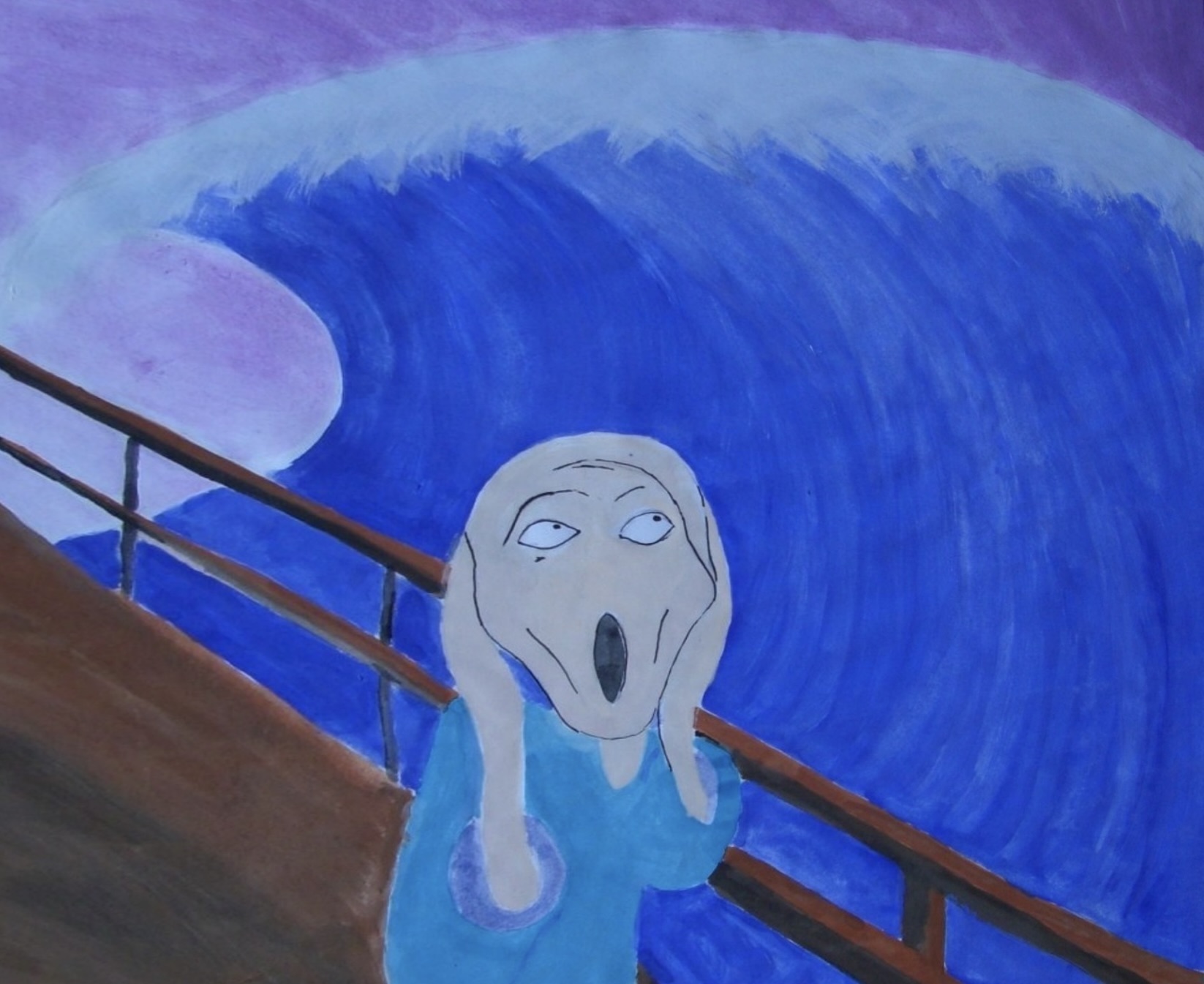That I brought on myself by choosing therapy and…
written by Anne SkyvingtonDecember 28, 2022

That Led to Healing From Past Trauma
I was in my early thirties when I first started looking inward. I started off with a therapist who used Gestalt therapy, based on looking at the whole person. Sarah, my therapist, considered my thoughts, emotions, and physical and spiritual aspects, during ongoing talk sessions. I loved this approach.
Gestalt Therapy, based on Fritz Perls’ post-Freudian type of psychology, was much broader in its scope than psychoanalysis. This suited me well since I had always been drawn to the idea of “wholeness” (the German Gestalt).
It wasn’t a choice for me, as much as a compulsion. To go deep into my unconscious mind. I was suffering from deep emotional problems and needed to change. Could I have done it differently? Yes, a little, but that is with hindsight.
Take this as a cautionary tale about following your own pathway to redemption or change. Not someone else’s path. Being a Scorpio sun sign, I was always drawn to the depth of things. It was my way.
My hunger for change occurred in the mid-seventies. It was the year leading up to my father’s death from stress. Was this the catharsis for my inner journey? Or was it that I’d recently found my life’s partner and wanted to make go of it? Recently married, I was working full-time to support us and to enable Mark to gain qualifications. We had plans to start a family, once my husband was in gainful employment.
I had been suffering from long-term chronic depression and knew intuitively that it was a result of childhood trauma.
I wanted to become stronger, in order to benefit my role as a teacher, and to better support my prospective offspring. I wished to throw off useless feelings left over from the past, especially depression and a lack of self-esteem.
My first therapist, Sarah, a gifted analyst, introduced me to the Gestalt Prayer invented by Fritz Perls:
I do my thing and you do your thing.
I am not in this world to live up to your expectations,
And you are not in this world to live up to mine.
You are you, and I am I,
and if by chance we find each other, it’s beautiful.
If not, it can’t be helped. — Fritz Perls, 1969
This made a lot of sense to me at the time, as I was struggling with trying to make friends. And I was carrying a heavy sense of rejection from the past.
Sarah encouraged my love of writing and sent me off to “body” and to sex therapists and astrologists. I loved it all, relished it, and found myself making huge strides quite quickly.
Therapy brought me face-to-face with the unconscious mind. Dreams surfaced more and more as the therapy progressed. Most of these dreams were to do with parts of myself that needed integrating — worker, colleague, wife, friend, lover — but some dreams were luminous. One or two, at least after the event, were prophetic.
And then, perhaps in an irrational moment, I did the unthinkable and changed therapists. I was feeling as if I was in a trough. Change and speed were of the essence. Was this my Achilles’ heel? Or was it just a part of the whole journey?
The mental collapse was painful, like walking on a razor’s edge. My husband had to take over the reins of supporting and nurturing the family for three months. I curled up in a fetal position in front of an open fire.
It happened in 1987 when my children were seven and four. I had discovered guilt at the bottom of my psyche, guilt for “causing” (or so I thought at the time) my brother’s near-death accident when I was six. If I hadn’t cleared this sludge from the depths, guilt at hurting my growing family would have claimed me once again. I would not have been able to recover as quickly as I did
When healing happened, it seemed to me like grace descending: a Jungian rather than a Freudian occurrence.
It seems now, in my wisdom seventies, as if the process of individuation — I ultimately flew with Jung’s terms — has taken a life’s work. But by the end of the eighties, I was free of the debilitating depression that had dogged my step for decades. I was more in control of my feelings. I took medication, trialled a little surface therapy, cognitive behavioral treatment (CBT), and my recovery sped up in leaps and bounds.
I’m presenting this story here as both an encouragement to others and as a warning about taking unnecessary risks. Once I’d started on this descent into the unconscious in the 1970s, there was no turning back. I now believe that it was the journey that I had to have.
I had always been afraid of death. This experience, like the death of myself, cleared this fear away. Reawakening to a better model followed.
I now know that this was the journey that I had to have. I had segued into a spiritual awakening, vast and broad, that was with me forevermore. I have since become interested in near-death events and how they change profoundly the people who experiences them.
And I’d like to leave you with a positive message from all of this. If you are suffering from a trial, such as an addiction that you would like to overcome, perhaps to alcohol or to smoking, know that you can do it if you really want to. But by following your own instincts and by proceeding with caution.
Take Away: Know that you can change if you really want to, and if you can do so safely, so much the better. Carl Jung was one of the creators behind the Alcoholics Anonymous (AA) Program. He recognised that the effort required to throw off an addiction to alcohol or to drugs is so great that one needs an uncearthly sort of strength to achieve it. This is why the program contains a reference to “a power higher than ourselves”, which many define as a spiritual strength. I believe this is so.
Feature Photo: Painted by my daughter, Kate Onslow, for her final HSC Art work
What did Jung mean by Individuation? mean?What is CBT?What is Gestalt Therapy? Who is Fritz Perls?What is the Gestalt Prayer?

